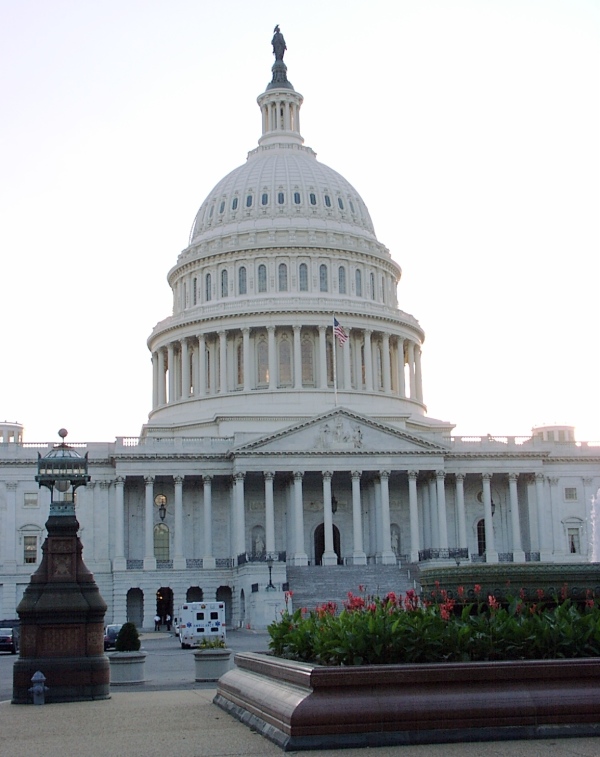Felix Salmon blogs at Reuters about the seeming exhaustion of Obama’s political capital — on both climate change and financial regulations, he just can’t seem to get what he wants out of Congress.
I think Matt Yglesias and Ryan Avent both have the appropriate response: the problem here is not Obama, but Congress. Indeed, the inability of even as wildly popular a president as Obama to get decent legislation out of Congress only serves to highlight the dysfunctions of that august body. Rural areas are wildly overrepresented in the Senate; there are dozens of committees, each of which can serve as a choke point; there’s no organized pressure to push Democrats left. But mostly: the filibuster. Ryan puts it well:
The best question to ask is why world has so complacently accepted the entrenchment of the filibuster as a standard tool of legislative strategy, such that virtually every bill requires a 60-vote majority for passage. This change has very serious and obvious consequences for national policy across the policy spectrum, and it very clearly changes the distribution of power in the legislature (and, by encouraging gridlock in times of crisis, across the branches of government). Any overt change in the constitution generating these effects would be greeted with a firestorm of protest, but since this seems like little more than a matter of internal rule-making it gets ignored. That’s simply inexcusable.
Word. I’ve been patiently waiting for an Abolish the Senate movement — or, short of that, an Abolish the Filibuster movement. But neither has been forthcoming. What up, grassroots?




